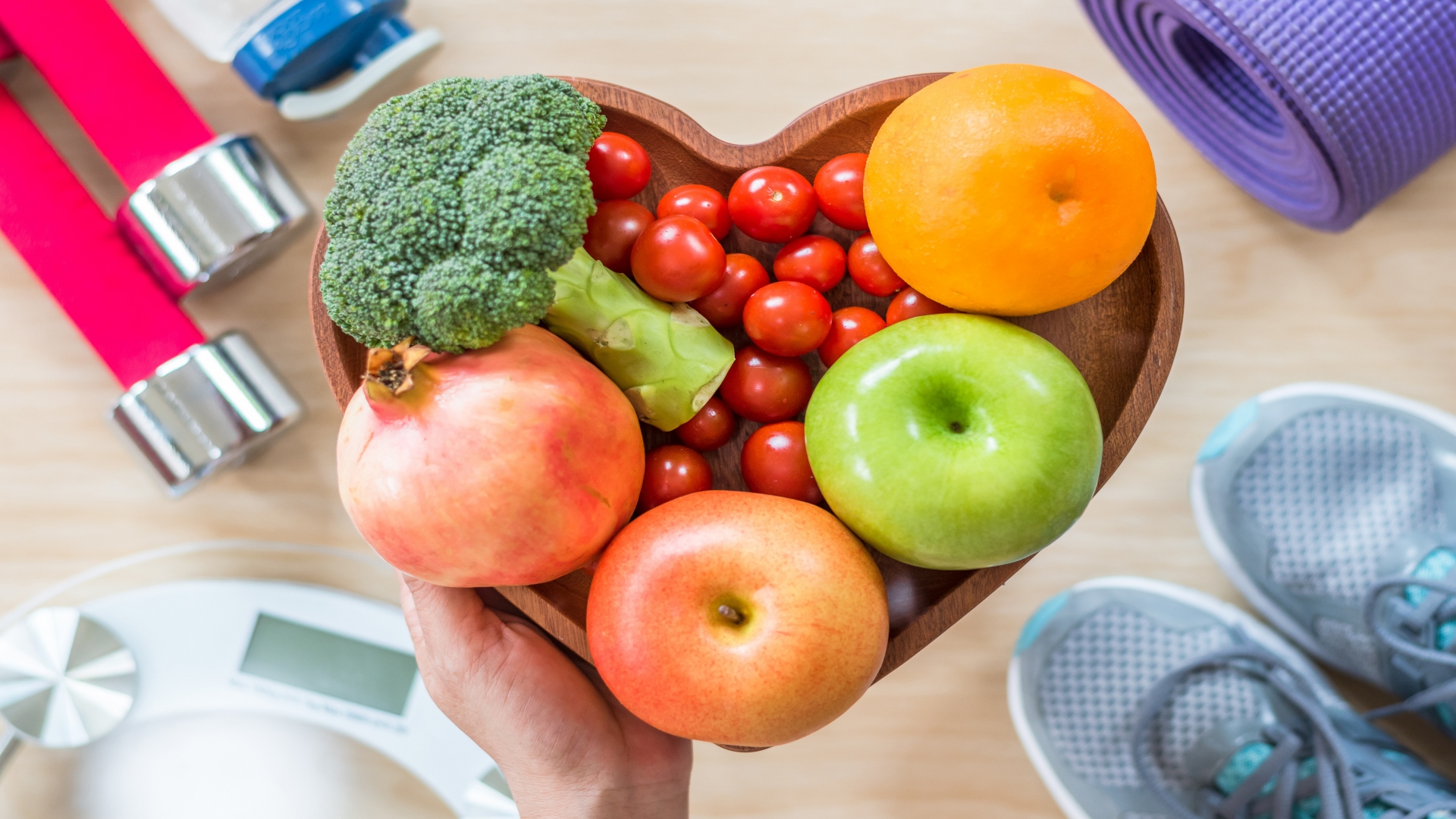Liver cancer is a formidable opponent, posing significant challenges to those affected. However, the power to confront this adversary lies not only in medical interventions but also in our diet. Our liver is a silent warrior, and today, we’re diving into how the food we eat can be the ultimate ally in preventing liver cancer.
What is Liver Cancer?
Liver cancer is a formidable opponent in the realm of health. Think of the liver as the body’s diligent worker, managing various tasks like detoxification and metabolism. Now, imagine it facing challenges that could potentially lead to the development of cancerous cells.
Types and Stages of Liver Cancer
To kick things off, let’s break down the different types and stages of liver cancer:
– Hepatocellular carcinoma, the most common type, often arises from liver cirrhosis. This is a condition marked by scarring due to long-term damage.
– Cholangiocarcinoma originates in the bile ducts, posing a distinct set of challenges
Risk Factors and Prevalence
Liver cancer doesn’t discriminate; it can affect anyone. Some factors can amplify the risk, including:
– Chronic hepatitis B or C infections
– Excessive alcohol consumption
– Obesity
It’s essential to recognize that liver cancer isn’t confined to a specific demographic. It can impact people worldwide.
In the intricate web of liver cancer prevention, an interventional radiologist plays a crucial role. These professionals use imaging techniques to guide minimally invasive procedures, like embolization, directly to the liver tumor.
The Role of Nutrition in Liver Health
Let’s get real about the unsung hero in our bodies – the liver. It’s not just a filter for the occasional detox; it’s a powerhouse that deserves our attention. And here’s where nutrition steps in, playing a lead role in keeping our liver fit as a fiddle.
Impact of Diet on Liver Function
Imagine your liver as the control center for a bustling city – it manages everything from waste disposal to energy distribution. What we feed it becomes the raw material for this intricate operation. A diet rich in nutrients fuels the liver’s functions, ensuring it runs smoothly and efficiently.
Link Between Nutrition and Cancer Prevention
Let’s zoom in on the function of nutrition – its role in preventing liver cancer. Certain dietary choices can either arm our liver with protective shields or leave it vulnerable to potential threats. Understanding this link is like having a secret weapon against a formidable opponent.
Essential Nutrients for Liver Cancer Prevention
Alright, let’s delve into the essential nutrients we need for the ultimate defense against liver cancer.
Antioxidants and Their Role
Antioxidants are mighty compounds that neutralize free radicals, which can damage our cells and, in the long run, contribute to cancer. Where do we find these antioxidants? In colorful fruits and veggies– nature’s power-packed arsenal.
Importance of Fiber in the Diet
Fiber might not sound as glamorous as antioxidants, but it’s a key player in the game. It aids digestion, helping maintain a healthy weight and keeping our liver happy.
Omega-3 Fatty Acids for Liver Health
Now, let’s talk about healthy fats – omega-3 fatty acids. These are good for your brain and for the liver, too. Fatty fish, flaxseeds, and walnuts support the liver in its daily battles.
Making these dietary choices isn’t about a rigid regime. It’s about building habits that your liver will thank you for.
Foods to Include in a Liver-Friendly Diet: Making Nutrition Deliciously Simple
Alright, let’s talk about the tasty side of taking care of our liver – the foods that keep it smiling. No need for complicated recipes or exotic ingredients.
Fruits and Vegetables Rich in Antioxidants
When it comes to fruits and veggies, think color! Berries, leafy greens, and vibrant peppers are essential foods on your plate. Packed with antioxidants, they help your liver fight against free radicals.
Whole Grains for Sustained Energy
Let’s give a shout-out to whole grains – the allies of a balanced diet. Whole wheat bread, brown rice, and quinoa provide sustained energy. They keep your liver city bustling with activity without the roller coaster of refined carbs.
Lean Proteins for Liver Support
Proteins are the backbone of any meal, and your liver appreciates the lean options. Think chicken, fish, tofu, or beans. They’re the reliable workforce that helps your liver repair and regenerate.
Building a liver-friendly diet isn’t about following a strict regimen. It’s about embracing variety and enjoying the process. It’s about making small, tasty swaps that add up to a big impact on your liver’s well-being.
The Role of Proper Hydration: H20, Your Liver’s Best Friend
Water isn’t just for quenching your thirst; it’s your liver’s best friend. Staying hydrated ensures the smooth flow of processes in your liver. So, sip that water throughout the day.
Avoiding Harmful Substances: A Practical Guide to Liver Wellness
Let’s talk about how to help our liver stay in top-notch condition by steering clear of harmful substances. No need for a detox overhaul or extreme measures. Only some straightforward insights can help you make practical choices for a liver-friendly lifestyle.
Limiting Alcohol Consumption: Finding the Sweet Spot
Sure, we all enjoy a good time, but our liver isn’t a fan of excessive alcohol. It’s not about ditching your favorite drink; it’s about finding the sweet spot. Moderation is the key – consider your liver’s feelings and give it a breather between rounds.
Reducing Intake of Processed Foods and Sugar: Unmasking the Culprits
Processed foods and excessive sugar can be the sneaky villains in your liver’s story. It’s not about deprivation but making mindful choices. Swap sugary sodas for water and opt for whole foods over processed snacks. Small shifts add up to big wins for your liver.
Conclusion
There you have it – a sneak peek into the delicious world of a liver-friendly diet. Remember, this isn’t about strict rules or turning your kitchen into a health lab. It’s about making choices that your taste buds love and your liver appreciates.


















